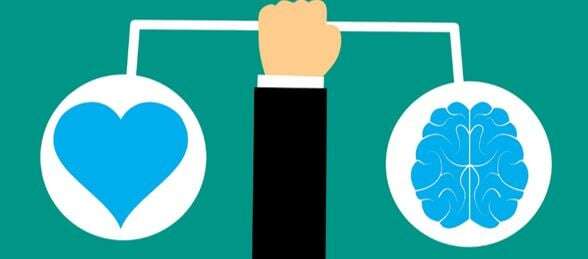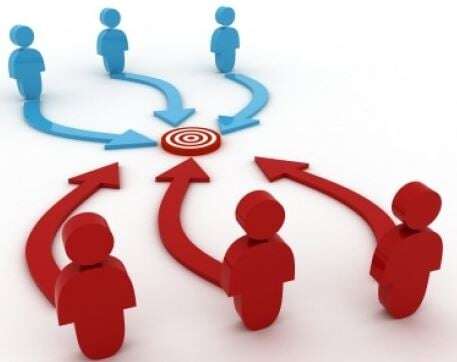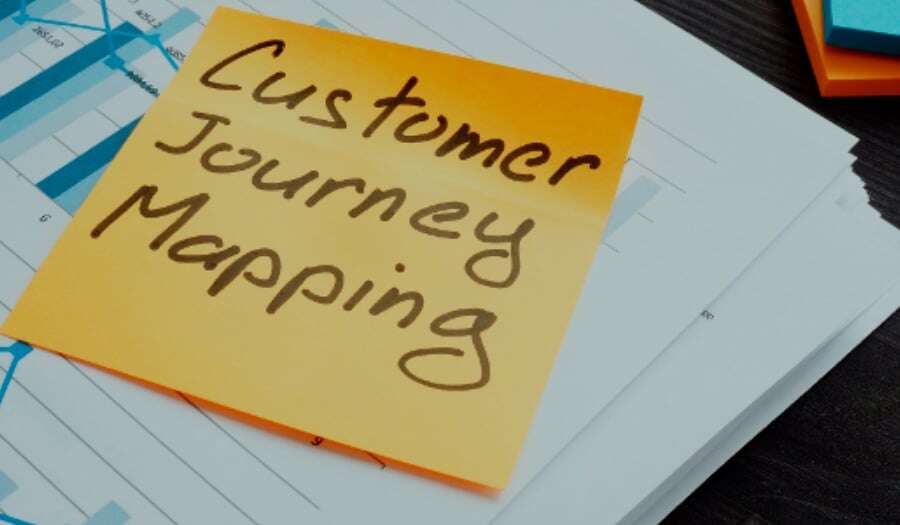Difference between Customer Journey and User Journey.
In the digital age, more and more terms appear and become common to use, however, they are often used in the wrong way, including the Customer...
By Role
By Industry
By Target Customer
What We Offer
We drive business growth by improving operational efficiency through process optimization, smart automation, and cost control. Our approach boosts productivity, reduces expenses, and increases profitability with scalable, sustainable solutions
Customer Experience
We design memorable, customer-centered experiences that drive loyalty, enhance support, and optimize every stage of the journey. From maturity frameworks and experience maps to loyalty programs, service design, and feedback analysis, we help brands deeply connect with users and grow sustainably.
Marketing & Sales
We drive marketing and sales strategies that combine technology, creativity, and analytics to accelerate growth. From value proposition design and AI-driven automation to inbound, ABM, and sales enablement strategies, we help businesses attract, convert, and retain customers effectively and profitably.
Pricing & Revenue
We optimize pricing and revenue through data-driven strategies and integrated planning. From profitability modeling and margin analysis to demand management and sales forecasting, we help maximize financial performance and business competitiveness.
Digital Transformation
We accelerate digital transformation by aligning strategy, processes and technology. From operating model definition and intelligent automation to CRM implementation, artificial intelligence and digital channels, we help organizations adapt, scale and lead in changing and competitive environments.
Operational Efficiency
We enhance operational efficiency through process optimization, intelligent automation, and cost control. From cost reduction strategies and process redesign to RPA and value analysis, we help businesses boost productivity, agility, and sustainable profitability.
Customer Experience
Marketing & Sales
Pricing & Revenue
Digital Transformation
Operational Efficiency
Does the word delight sound interesting to you? In the customer experience field this word is used to refer to the creation of a positive emotional reaction by exceeding customer expectations.

According to a survey done by HubSpot Academy, 80% of companies think they deliver a superior customer experience, while only 8% of customers said they have actually received a superior customer experience.
This big difference is due to companies not being in tune with the customer experience. This is why this blog’s content is intended to help companies delight their customers and in order to do this, it is necessary to understand the Customer Journey Map and its components. Let's start with the basics:
Index
What is Customer Journey?
The Customer Journey is a story about how to understand users. It is the process of understanding the customer from the moment they identify a need until they purchase a product or service to solve that need. It is also a key component of an Inbound marketing strategy.
What is a Customer Journey Map?
The Customer Journey Map is the graphical representation of the Customer Journey. It is a tool used for analyzing customer behavior. It helps the organization understand how customers navigate through the entire sales process and how they felt about the time they spent there.
The Customer Journey Map uses two powerful instruments, the first is Storytelling and the second is visualization. These tools are effective mechanisms for conveying information in a way that is memorable, concise and creates a shared vision for the company.
What are the components of a Customer Journey Map?
Although the Customer Journey Map can take various forms, generally the following 5 components are the ones included:
Point of view: You have to choose the "actor" of the story, this character is often called in the Inbound marketing methodology as Buyer Persona. When doing this type of exercise it is necessary to take into account that the story is told from a single point of view, i.e. that there is only one "actor".
Scenario: The specific experiences to be mapped must be determined beforehand. This can be an already existing Journey, where the mapping will reveal both positive and negative moments in the current experience. Also, you can map an experience of a product or service that does not yet exist.
The user's goal should be clear throughout the entire experience and it is said that these maps have better scenarios in customer experiences that have sequential activities.
Actions, emotions and mindset: At the heart of a Customer Journey Map narrative is the search of what the customer is doing, thinking and feeling throughout the entire experience. This information should be provided from qualitative research such as field studies, contextual research and day-to-day studies. How specific depends on the purpose of each map.

Touchpoints and Channels: Touchpoints refer to the moment when the "actor" or Buyer Persona interacts with the company, and Channels are defined as the methods of communication or service delivery. An example of these channels can be the company's website or the physical store. Both touch points and channels should be aligned with the goals and actions of the end users.

Insights and taking action: The purpose of using a Customer Journey Map is to identify gaps in the user experience (Insights) and once identified, take action to optimize that experience (Ownership). Any Insights that emerges from the mapping should be explicitly listed.
If possible, assign responsibilities to different parts of the Customer Journey Map. This way it is clear which person is in charge of which aspect of the Customer Journey.
Even so, if the 5 components just described were included in a Customer Journey Map, two maps can look completely different and still be perfectly fit to function in the context they were designed.

To make better Customer Journey Map design decisions, consider the following:
In conclusion, mapping the Customer Journey is key to understanding the customer's perspective. Actions must be taken with these Insights in order to optimize the customer experience. These mappings may look completely different depending on the context in which they will be used. This is why it is important to take into account their basic components and ask key questions to achieve the best possible Customer Journey mapping.
That concludes the task of explaining how to start delighting your customers in less than 900 characters. Here are some templates that will be useful for you:
http://files.thisisservicedesignthinking.com/tisdt_cujoca.pdf
https://media.nngroup.com/media/articles/attachments/JMTemplate.pdf
https://custellence.com/pdf/workshop-canvas-customer-journey-map.pdf

In the digital age, more and more terms appear and become common to use, however, they are often used in the wrong way, including the Customer...

Are you interested in the word delight once you hear it? In the field of customer experience, this word is used to refer to creating a positive...

In today's highly competitive market, people have a wide variety of brands or entities to turn to when they need a product or service. For a company...